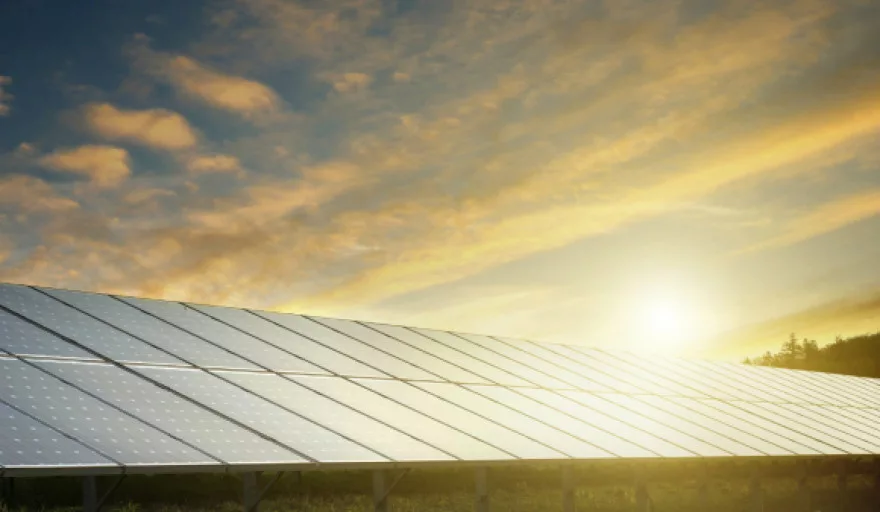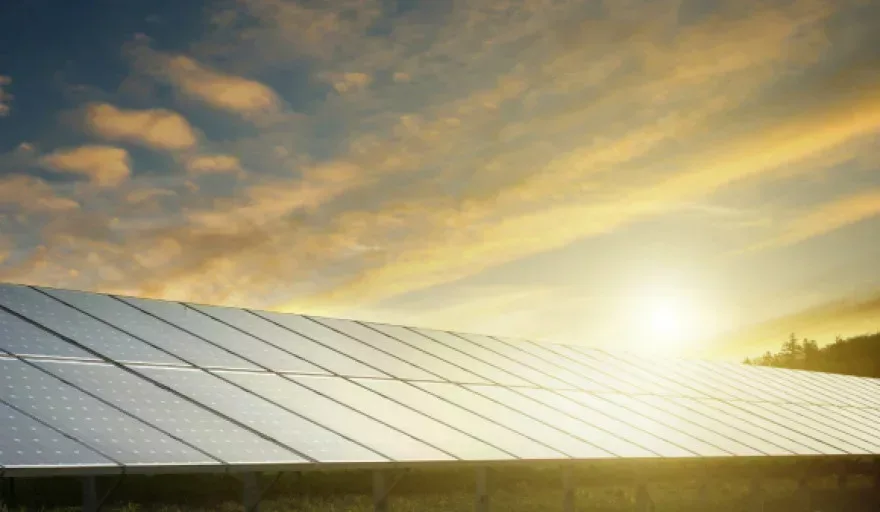
By Zandre Campos, CEO of Angola Capital Investments
The International Renewable Energy Agency notes in its Africa 2030 report that renewable energy on the continent has the potential to quadruple to 22 percent. Abundant solar energy potential – as much as 10 terawatts – and substantial wind resources in Africa’s eastern, northern and southern regions, have the potential for rapid development and scalability. Renewable energy may provide up to one quarter of electricity in Africa by 2040.
It may seem ironic that Angola, Africa’s second largest oil producer, is committed to pursuing renewable energy. The reasons go beyond the drop in oil prices or the need for diversification of the country’s economy. It’s a question of meeting basic human needs. More than 13 million Angolans, or about 26 percent of the population, have no access to electricity, according to the International Energy Agency (IEA). Rural areas, especially those in the rural south of the country, have no access to a grid. Cities and other areas which do have electricity can experience blackouts.
Due to the exceptionally sunny climate, solar energy holds huge potential for Angola, especially in rural areas. Solar Solutions West Africa reports that solar generation systems constitute an important part of Angola’s Rural Electrification Programme, issued in 2012, which focuses on building mini systems and distribution of electricity. The goal is to benefit some eight million people, increase capacity by four times and to achieve an electrification rate of 50-60 percent.
Angola’s Ministry of Energy and Water (MINEA) has announced a national strategy for renewable energy, with solar energy an essential component in the short, medium and long-term. MINEA is targeting the installation of 142 solar photovoltaic systems providing 534.6 kilowatts, Solar Solutions West Africa says. These installations will be distributed among medical centres, schools, administrative buildings and streetlights. The long-term goal is to integrate renewable energy, including wind, biomass and solar, into the national grid.
As reported by Southern African News, Angola has announced overall plans to spend US$23 billion on water and electricity projects over the next two years, targeting the development of some 65 energy and water projects. But In terms of solar and other forms of renewable energy, Angola needs help. The Government has said that it needs to tap into additional knowledge and experience to implement more renewable energy installations successfully.
What would make sense in the renewable energy sector would be stronger public-private partnerships. Angola offers great opportunity for the public sector, non-governmental organisations, investors and private companies to work together to help meet the country’s energy demand in a sustainable and effective way.
And don’t forget the potential for budding entrepreneurs and emerging renewable energy enterprises. At the age of 19, Jessica O. Matthews, an entrepreneur from Nigeria, invented the SOCCKET ball, an energy generating soccer ball that provides off-grid power for the developing world. We have invested in her company Uncharted Play as they work on expanding their developments with the SOCCKET using their patented M.O.R.E. technology (motion-based, off-grid, renewable energy). With M.O.R.E., Uncharted Play has the ability to harness the most under-utilised energy source in the world – kinetic energy – by placing customised micro generators within products that we use every day. The M.O.R.E. micro generators can be placed into products ranging from floor panels to baby strollers, creating new sources of clean renewable energy that can power mobile technology and the internet of things.
Uncharted Play’s M.O.R.E. technology has the ability to rapidly advance the African city as it enters the smart tech age with products ranging from energy generating infrastructure that can offset costs for manufacturing, to self-sufficient farming tools that can extend the life of produce for farmers across the region, while providing consistent power for their cell phones; often critical to their business and life. With solar and kinetic energy systems working together, Africa’s future is bright.
Solar energy is an emerging opportunity for Angola that cannot be ignored. Social impact entrepreneurs and innovative companies looking to make a difference can find new possibilities and bright prospects in Angola; where the sun nearly always shines.
Author bio
Zandre Campos is Chairman and CEO of Angola Capital Investments (ACI), an international investment firm that invests in companies in the healthcare, technology, energy, transportation, hospitality and real estate sectors throughout Africa. The mission of ACI is to create global value for developing countries in Africa, while contributing to their economic development.




























